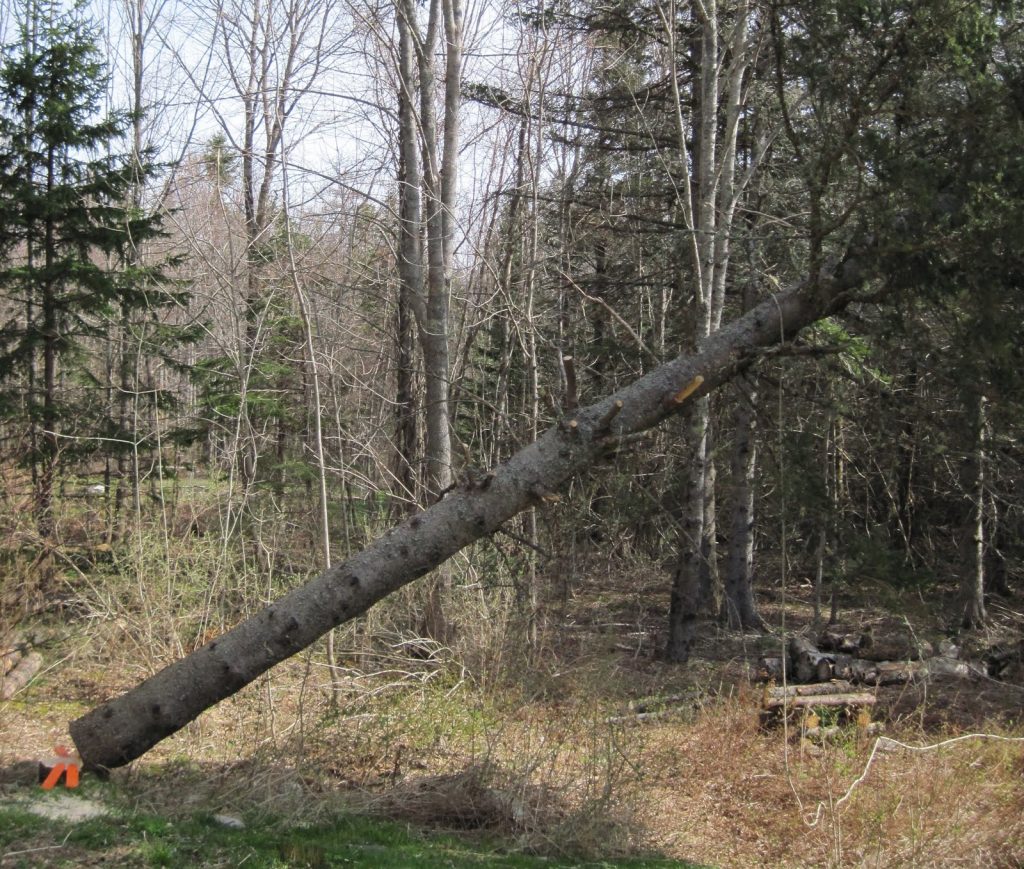After replacing your water heater, it is important to consider energy-saving tips to help reduce your overall energy consumption and lower your utility bills. Here are some tips to help you save energy after installing a new water heater.
Firstly, one of the most effective ways to save energy with a new water heater is by adjusting the temperature settings. Most manufacturers recommend setting the temperature between 120-140 degrees Fahrenheit for optimal efficiency. This can help prevent overheating and reduce the amount of energy needed to heat your water.
Another tip is to insulate your hot water pipes. Insulating your pipes can help retain heat and prevent heat loss as the hot water travels from the heater to your faucets or showers. This can also help reduce the amount of time it takes for hot water to reach its destination, saving both energy and water.
Additionally, consider installing a timer on your new water heater. By programming when your heater turns on and off based on when you typically use hot water, you can avoid heating unused water during times when no one is home or awake. This can result in significant savings on your energy bill over time.
Regular maintenance is also crucial in plumbing company oklahoma city ensuring that your new water heater operates efficiently. Flushing out sediment buildup at least once a year can improve its performance and extend its lifespan. Additionally, checking for leaks or other issues regularly can prevent wasted energy due to inefficiencies in the system.
If you have an older model of a storage tank water heater, consider upgrading to a more efficient model such as a tankless or heat pump unit. These newer models are designed to be more energy-efficient and can provide significant savings on both energy usage and costs in the long run.
Finally, be mindful of how much hot water you actually need when using appliances such as dishwashers or washing machines. Using cold or warm settings instead of hot whenever possible can reduce the amount of work required by your new water heater, ultimately saving energy.
In conclusion, there are several ways to save energy after replacing your old water heater with a new one. By following these tips such as adjusting temperature settings, insulating pipes, using timers, performing regular maintenance, considering an upgrade if necessary, and being mindful of hot-water usage habits – you can maximize efficiency while minimizing waste and ultimately save money on utility bills over time.
Code 3 Plumbing and Drain
7417 NW 84th St, Oklahoma City, OK 73132
405-860-6888



